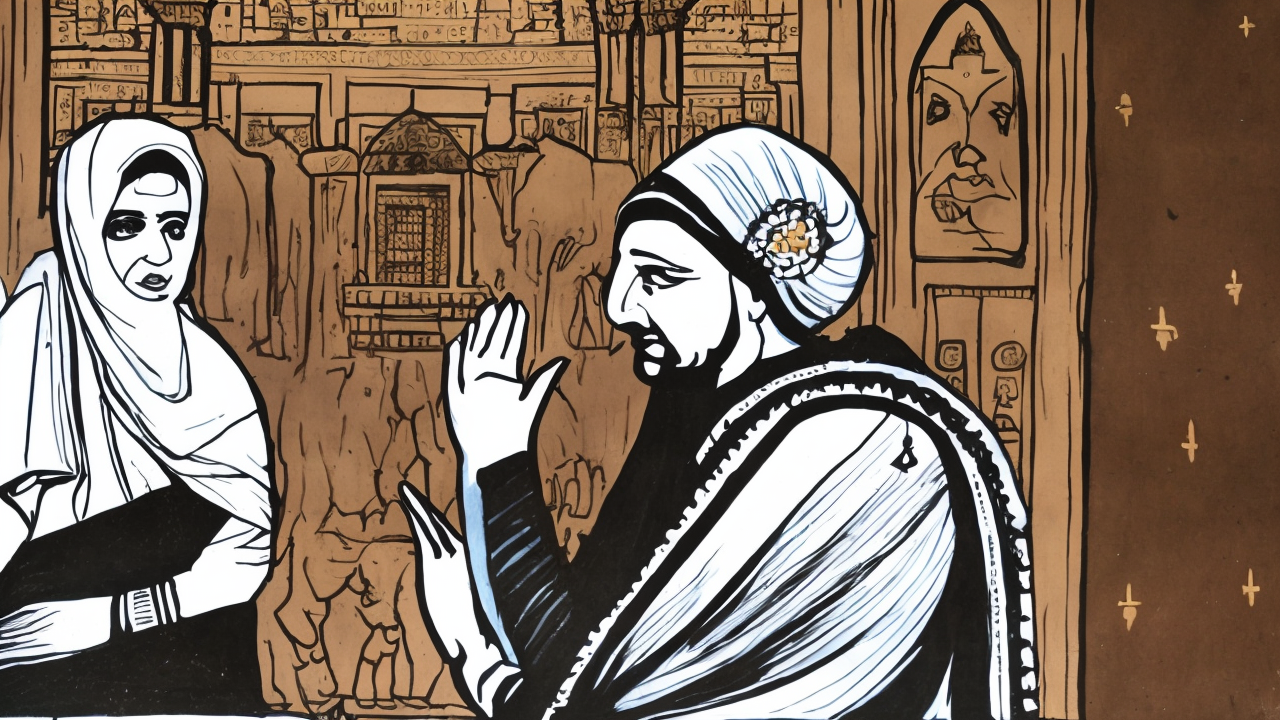Islamic Jihad Theology and Its Role in Modern Global Conflicts

The Qur’an states, “There is no compulsion in religion” (2:256), yet the interpretation of what constitutes “compulsion” remains highly subjective. Recent events in India highlight the violent enforcement of religious conversion, underscoring the connection between Islamic jihad theology and global conflicts.
In Lucknow, a Hindu woman working at Lulu Mall accused her manager, Faraz, of drugging, raping, and blackmailing her. Faraz allegedly forced her to convert to Islam, threatening her job and safety if she refused. He also mocked Hinduism and its deities, deeply wounding her faith. The case revealed Faraz’s links to suspicious social media accounts and conversion networks, suggesting a broader pattern of ideological manipulation.
Such incidents reflect the tension between religious freedom and coercion, often exploited by individuals and groups to advance extremist agendas. The exploitation of vulnerable individuals, combined with the use of force and threats, has become a recurring theme in regions where Islamic jihad ideologies are prevalent.
This case underscores the need for a deeper understanding of how religious extremism intersects with global conflicts. As such incidents continue to emerge, they highlight the urgent necessity for international cooperation to address the root causes of religiously motivated violence and ensure the protection of human rights.
Published: 7/12/2025
















